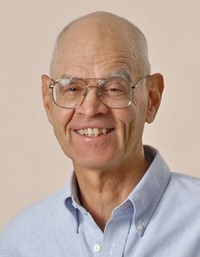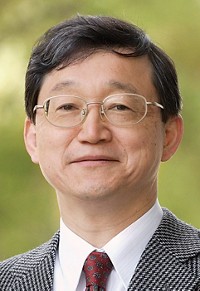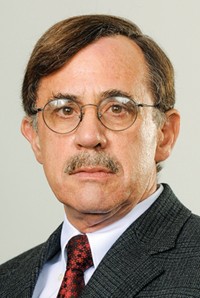Advertisement
Grab your lab coat. Let's get started
Welcome!
Welcome!
Create an account below to get 6 C&EN articles per month, receive newsletters and more - all free.
It seems this is your first time logging in online. Please enter the following information to continue.
As an ACS member you automatically get access to this site. All we need is few more details to create your reading experience.
Not you? Sign in with a different account.
Not you? Sign in with a different account.
ERROR 1
ERROR 1
ERROR 2
ERROR 2
ERROR 2
ERROR 2
ERROR 2
Password and Confirm password must match.
If you have an ACS member number, please enter it here so we can link this account to your membership. (optional)
ERROR 2
ACS values your privacy. By submitting your information, you are gaining access to C&EN and subscribing to our weekly newsletter. We use the information you provide to make your reading experience better, and we will never sell your data to third party members.
Synthesis
ACS Award In Inorganic Chemistry
Sponsored by Aldrich Chemical
by Susan R. Morrissey
January 4, 2010
| A version of this story appeared in
Volume 88, Issue 1

Donald J. Darensbourg, professor of chemistry at Texas A&M University, grew up wanting to be an architect or engineer. After all, during high school, he worked with his father, who was a builder, so the two career paths made sense. But thanks to a fascinating general chemistry course and a less than captivating mechanical drafting class, Darensbourg changed his mind. And the rest, as they say, is history.
Working in the area of inorganic chemistry, Darensbourg, 68, has spent much of his career studying the mechanisms of organometallic reactions, including carbon dioxide insertion into hydrogen-, carbon-, and oxygen-metal bonds. He is being honored for these studies and their specific applications to polycarbonate formation.
"It's truly humbling and very gratifying to have your work validated by your peers with such an award," Darensbourg says. "I certainly realize that inorganic chemistry is a diverse field that has attracted many talented scientists, so I consider myself very lucky to be acknowledged by this award."
Research in Darensbourg's lab in recent years has focused on copolymerizing CO2 with epoxides to produce polycarbonates. These industrially important thermoplastics with wide-ranging properties and uses are currently made via a process that involves interfacial polycondensation of phosgene and diols. To improve this process and make it more environmentally friendly, Darensbourg's group is doing detailed mechanistic studies of metal-catalyzed CO2/epoxide-coupling reactions using in situ infrared spectroscopy methods.
Research in this area has also led to the synthesis of biodegradable polymers for use in medical devices. Specifically, the group has shown that copolymers made from CO2 and oxetanes with polyesters afford biodegradable thermoplastic elastomers that can be used for surgical sutures, drug-delivery devices, or dental implants.
"CO2 chemistry has been a continuous theme over most of Don's career, leading to exciting applications that now attract a host of international research teams," says Malcolm H. Chisholm, a chemistry professor at Ohio State University. "He spearheaded this area in its genesis and he continues to be the long-term leader."
Because of Darensbourg's work on CO2/epoxide copolymerization, "countless scientists have been attracted to the field, including myself," adds Geoffrey W. Coates, a chemistry professor at Cornell University.
These accolades aside, Darensbourg says: "I've always thought it was reward enough to have such a wonderful career—teaching and mentoring bright graduate and undergraduate students, as well as doing research that I am passionate about. You can't ask for much more than to be excited about going to work every day."
Darensbourg earned a B.S. in chemistry from California State University, Los Angeles, in 1964, and a Ph.D. in inorganic chemistry from the University of Illinois in 1968. After graduate school, he did a 10-month stint at the Texaco Research Center in Beacon, N.Y., before joining the faculty of the State University of New York, Buffalo. In 1973, he moved to Tulane University, where he rose through the ranks to become a full professor. He assumed his current position at Texas A&M in 1982.
Darensbourg has some 330 journal articles to his credit and has graduated 48 Ph.D. chemistry students. He has been honored with distinguished teaching and research awards.
Darensbourg will present the award address before the Division of Inorganic Chemistry.





Join the conversation
Contact the reporter
Submit a Letter to the Editor for publication
Engage with us on Twitter